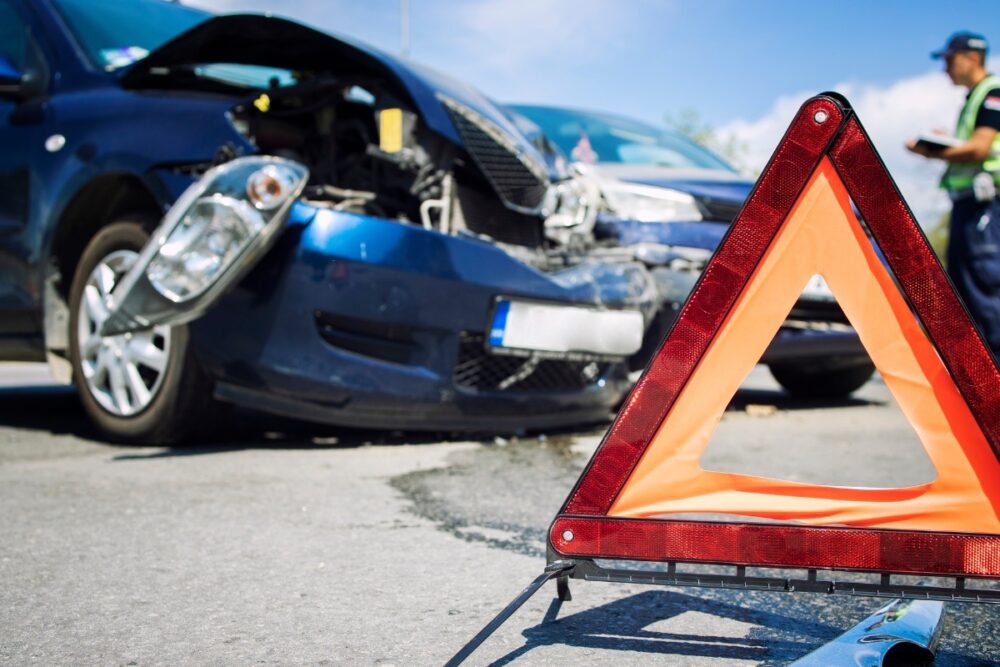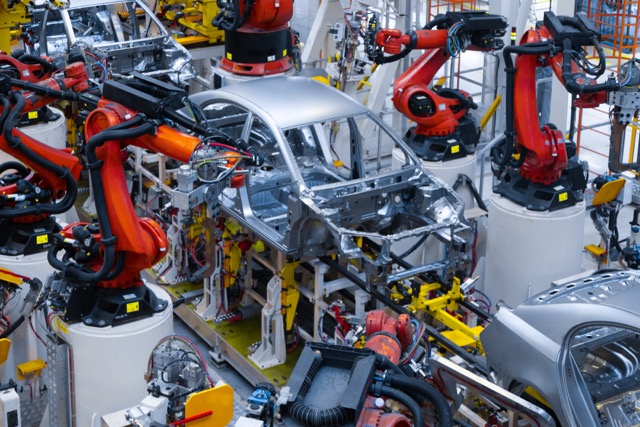Adverse weather contributes to millions of crashes annually. While rain is the most common culprit, accounting for approximately 46% of weather-related accidents, snow, ice, fog, and high winds also pose significant risks.
These conditions can drastically reduce visibility, create slippery roads, and impair a driver’s ability to control their vehicle. Determining liability for a car accident involving harsh weather can be complex. While weather itself is generally considered an act of God, driver negligence often plays a role in these collisions.

Image source
If you’re involved in a car accident caused by harsh weather and are unsure about your legal options, hiring a car accident attorney can be crucial.
An experienced attorney can assess the circumstances of your case, determine potential liability, and advocate for your right to compensation.
Here are the potential liable parties for a car accident caused by harsh weather.
The Driver
Drivers are always at the center of car crashes. When the weather is bad, their responsibility becomes even greater. While the law understands that bad weather makes driving difficult, it still expects drivers to be careful.
How careful a driver needs to be depends on things like how bad the weather is, what the road is like, how well you can see, and how much driving experience you have.
If a driver ignores weather warnings or keeps driving in dangerous conditions, they could be blamed for an accident. Things like speeding, following too closely, or being drunk while driving are common mistakes that make crashes more likely in bad weather.
On the other hand, if a driver is careful by slowing down, leaving more space between cars, and driving safely, they might not be blamed for an accident, even if one happens.
Road Maintenance Teams
Road maintenance teams play a pivotal role in ensuring road safety, particularly during adverse weather conditions. Their responsibilities include snow and ice removal, debris clearance, and signage maintenance. When these duties are neglected or inadequately performed, they can directly contribute to accidents.
To blame the road crew, you need to show that they knew or should have known about a problem on the road, but didn’t fix it and this caused the accident.
For example, if they know a bridge is icy but don’t put up a warning sign or fix the ice, and someone crashes, they could be in trouble.
How much the road crew should do depends on how bad the weather is, what kind of road it is, and what their job is supposed to be. Also, sometimes government rules can protect road crews from being sued, but there are exceptions if their negligence is evident beyond a reasonable doubt.
The Government
Government entities, such as municipalities and state transportation departments, play a crucial role in road safety. They are responsible for road design, construction, maintenance, and weather-related warnings.
When harsh weather conditions contribute to an accident, questions arise about the government’s potential liability.
To say the government is responsible, you usually need to show that they should have been careful but weren’t and that this caused the accident.
For example, if a city doesn’t clean up snow and ice on the road and someone crashes, the city might be in trouble. But it can be hard to prove that the government’s mistake caused the accident, especially since bad weather makes roads dangerous no matter what.
There’s also a rule called “sovereign immunity” that can protect governments from lawsuits. This means they can’t be sued unless there’s a good reason. While many jurisdictions have waived sovereign immunity for negligence claims, the specific parameters of these waivers vary.
Manufacturers

There are laws that say car companies can be sued if their cars are broken. To win, you have to show that the car was broken when it was new and that this caused the accident.
For example, if the brakes don’t work right because of a mistake when the car was made and this causes a crash in bad weather, the company could be in trouble.
Car companies can sometimes say that the driver did something wrong or took a risk, but this is often hard to prove, especially if something important in the car was broken.
Conclusion
Regardless of whichever party is responsible for your accident, hiring a lawyer increases your chances of success significantly.
None of these parties will typically agree to pay compensation without a fight. It would be in your best interest to hire the best lawyer you can find to deal with the at-fault party.




















